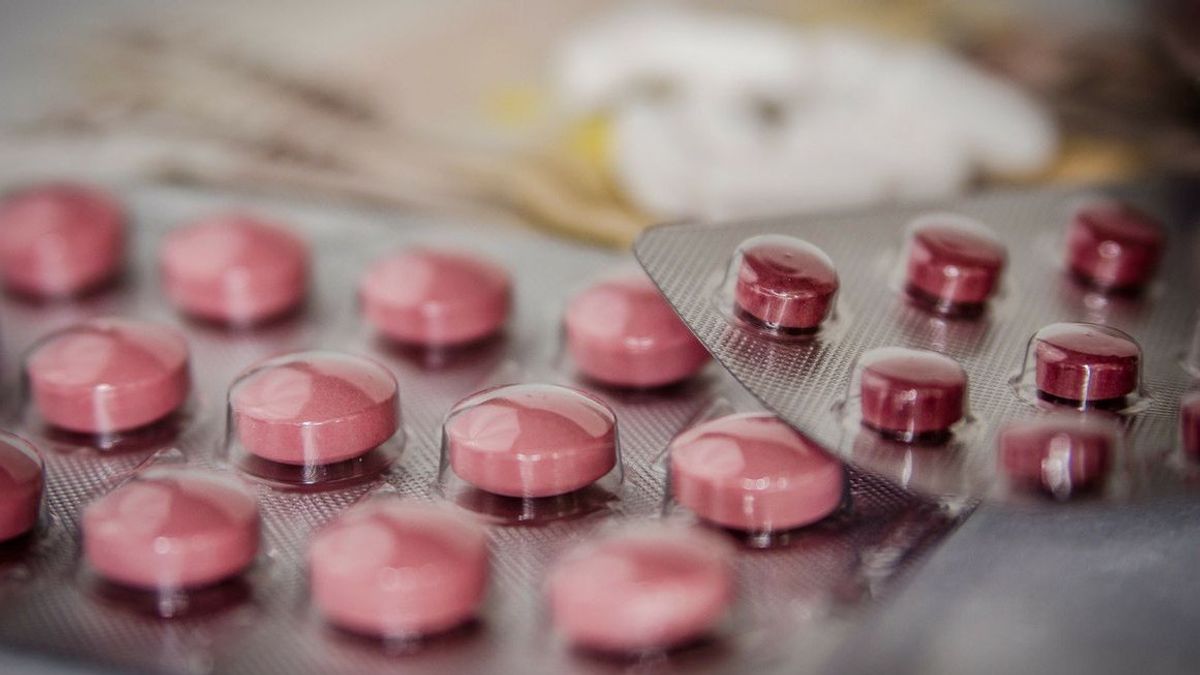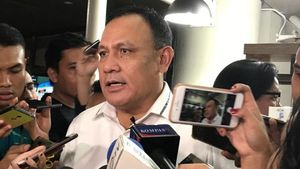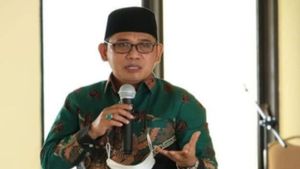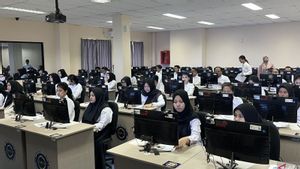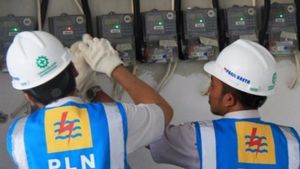JAKARTA - The Ministry of Health (Kemenkes) said that the ongoing expansion of telemedicine is one way to help regions outside Java-Bali to be aware of a spike in cases due to Omicron.
"We are strengthening services for hospitals, we are also strengthening the hospital's readiness and readiness for positive friends who are self-isolating or in centralized isolation," Secretary-General of the Ministry of Health Kunta Wibawa Dasa Nugraha in Jakarta, quoted by Antara, Monday, 21 February.
Responding to the readiness of health facilities to face the surge in Omicron cases, Kunta emphasized that it was true that initially telemedicine services were provided on a limited basis and focused only on the Greater Jakarta area. However, the government feels that Indonesia needs to be more vigilant in fighting Omicron while at the same time preventing inequality in the provision of health services.
Therefore, the reach of telemedicine began to be expanded to a number of areas outside the island of Java-Bali such as Medan, Palembang, Balikpapan, Banjarmasin, Manado, and Makassar.
Meanwhile, in Java-Bali itself, telemedicine will be presented not only in the Greater Jakarta area. But also in Karawang, Bandung, Semarang, Surakarta, Yogyakarta, Surabaya, Malang, Denpasar and Nusa Dua.
According to Kunta, the expansion of telemedicine service coverage is a form of anticipation from the experience of facing the Delta wave.
Later, people who access telemedicine can immediately consult with health workers, both in terms of the presence of other illnesses, the symptoms they suffer from, and the consumption of drugs and the end of the isolation period.
"Later on mild symptoms there is a cure, immediately sent to the house. This is a service that can be accessed for free for those aged 18 years and over,” he said.
SEE ALSO:
Meanwhile, the government's readiness does not only focus on strengthening telemedicine. The government also continues to encourage hospitals to transfer facilities for COVID-19 patients which were originally used for ordinary patients.
The government, said Kunta, will help provide oxygen reserves in hospitals and intensify education about isolation, such as the difference between self-isolation and centralized isolation so that all patients, especially vulnerable groups, can be handled properly.
"So those who enter the hospital are really COVID-19 patients in need. Usually, they are definitely comorbid sufferers, aged over 60 years and those who have not been vaccinated, the fatality rate is usually quite high,” said Kunta.
The English, Chinese, Japanese, Arabic, and French versions are automatically generated by the AI. So there may still be inaccuracies in translating, please always see Indonesian as our main language. (system supported by DigitalSiber.id)
